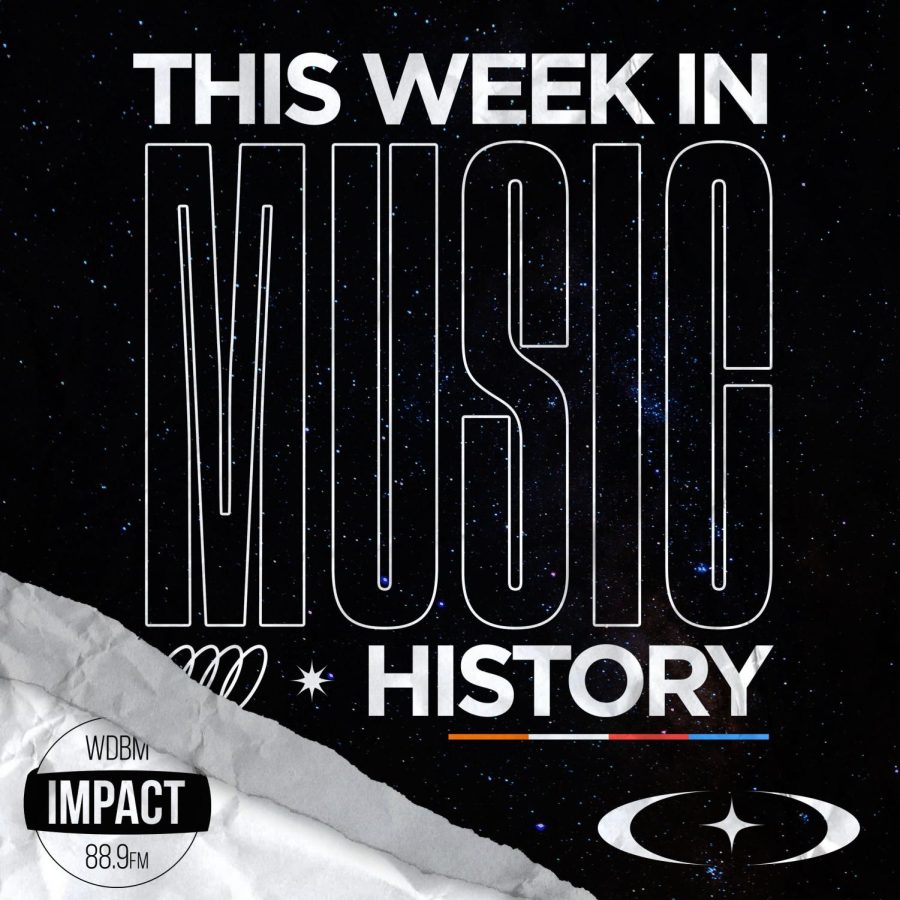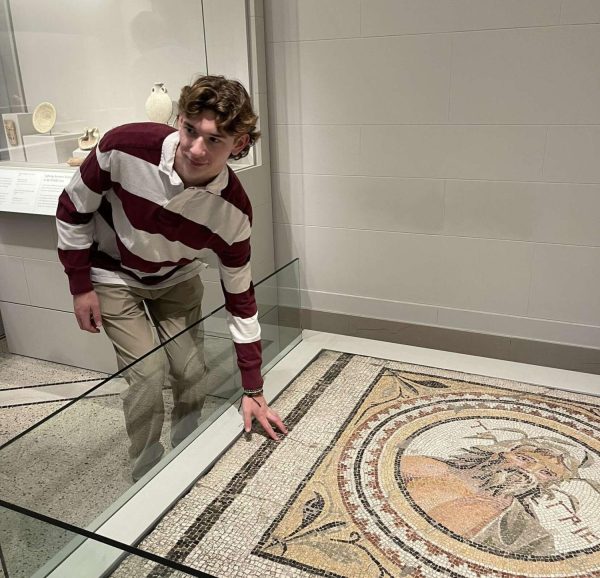On Nov. 14, 1998, Lauryn Hill became the first female rapper to land a No. 1 hit on The Billboard Hot 100 Chart. “Doo Wop (That Thing),” the lead single off Hill’s debut album, The Miseducation of Lauryn Hill, would spend two weeks atop the charts. The song earned Hill recognition at the 1999 Grammy Awards, where she won five awards, including Best New Artist, Best R&B Album, Best R&B Song, Best Female R&B Vocal Performance and Album of the Year.
“Doo Wop (That Thing)” was a huge hit and sold over 500,000 copies, making the song RIAA certified gold. It became the first and only hip-hop song to debut at number one until 2010.
– Liz Thomas
On Nov. 18, 1993, Nirvana hopped on MTV for something they hadn’t yet done: an Unplugged concert. This would completely contradict what Nirvana was all about: sloppy guitars, funny stunts and smashing equipment — extreme things that no other band was doing. This time, we saw the band with acoustic instruments, sitting on stools, not actually breaking anything. It was definitely different.
Unplugged concerts were an integral part of MTV’s ‘90s programming, with artists like Alice in Chains, Oasis, Stone Temple Pilots and of course Nirvana. Nirvana’s performance would go on to become MTV’s most legendary and well-known performance to date.
Nirvana appeared on the show only two months after the release of In Utero. They played some of their biggest hits, like “Come as You Are,” “All Apologies,” “Dumb” and more, but also a large portion of their lesser-known catalog. The band also covered David Bowie’s “The Man Who Sold the World,” which would go on to become one of their most successful works after the unveiling of Unplugged as a studio release.
Cobain’s stylistic and unique approaches to his vocals and song structure had a huge effect on the entire performance and was no doubt a hugely monumental moment in music history. To see Nirvana succeed, flawlessly, in something that was literally the exact opposite of their regular energy was amazing. The performance has since cemented its spot as an integral part of music history and can perfectly sum up the impact that Nirvana had on their fans. In fact, the guitar used by Cobain in the Unplugged concert sold for a whopping $6 million at auction in 2020.
The concert’s studio release was unveiled on Nov. 1, 1994, just months after Cobain’s death. The final months of his life were extremely erratic and messy, but Cobain was still at the forefront of one of the most jaw-dropping performances ever and was still redefining the culture. While Cobain was unable to witness the studio version grace store shelves and subsequently take the No. 1 Billboard spot, his music still lives on, especially through Unplugged.
– Ian Randall
The tale of Milli Vanilli is a truly tragic one. Fabrice Morvan and Rob Pilatus made up the group, meeting each other for the first time at a club in Munich, Germany. Morvan and Pilatus instantly clicked, sharing interests in similar topics and backgrounds. The duo wanted to enter the music industry, never doing anything of much substance until a music producer named Frank Farian came into their lives.
Farian had been involved in many projects before Milli Vanilli. Multiple groups produced by Farian were merely lip-syncing actors, just like Milli Vanilli. Nothing Farian had produced was very successful, so he needed some good-looking people to sell some records. In came Milli Vanilli.
The naive youngsters saw an opportunity to break through into the world of music, but the contract they had signed with Farian made it so Milli Vanilli could not actually sing any of their songs. Regardless, Milli Vanilli’s debut record, All or Nothing, sold like hotcakes in Germany, with their lead single, “Girl You Know It’s True,” exploding with popularity in the summer of 1988.
Following its success in Europe, Farian expanded All or Nothing before releasing the North American version, titled Girl You Know It’s True, on March 7, 1989. When Milli Vanilli hit the United States and the rest of North America, they soared to the top of the charts. Three of Milli Vanilli’s singles went to No. 1 on the Billboard Hot 100, and Girl You Know It’s True went six times platinum.
All eyes were on the group: At the Grammys hosted on Feb. 21, 1990, Milli Vanilli won the Grammy for Best New Artist. A few months later, on July 21, 1990, the cracks began to show. During a performance, Milli Vanilli’s backing track to the song “Girl You Know It’s True” became stuck, as it repeated the hook, showing the pair was indeed lip-syncing. People became skeptical of the R&B act, and on Nov. 19, 1990, Milli Vanilli’s Grammy for Best New Artist was revoked after Farian finally admitted that Morvan and Pilatus didn’t sing any of their songs.
The aftermath was brutal for Milli Vanilli. They were seen as frauds, even after proving they could sing live on TV. In the end, it was too late, as media outlets all over the globe used Milli Vanilli as a scapegoat and buried their career as they fell into obscurity.
Morvan and Pilatus attempted a comeback in 1997, but to no avail, and on April 3, 1998, Pilatus was found deceased in a Frankfurt hotel room because of a drug overdose. It is truly tragic that the career of Milli Vanilli was overshadowed by something that was out of their control. Even after proving they had talent, Milli Vanilli could never recover from the bombardment of hate they received. They may not have been seen as great musicians at the end of their careers, but to this day, Milli Vanilli remains one of the most fascinating stories in all of music history.
– Alex Jimenez-Vega









